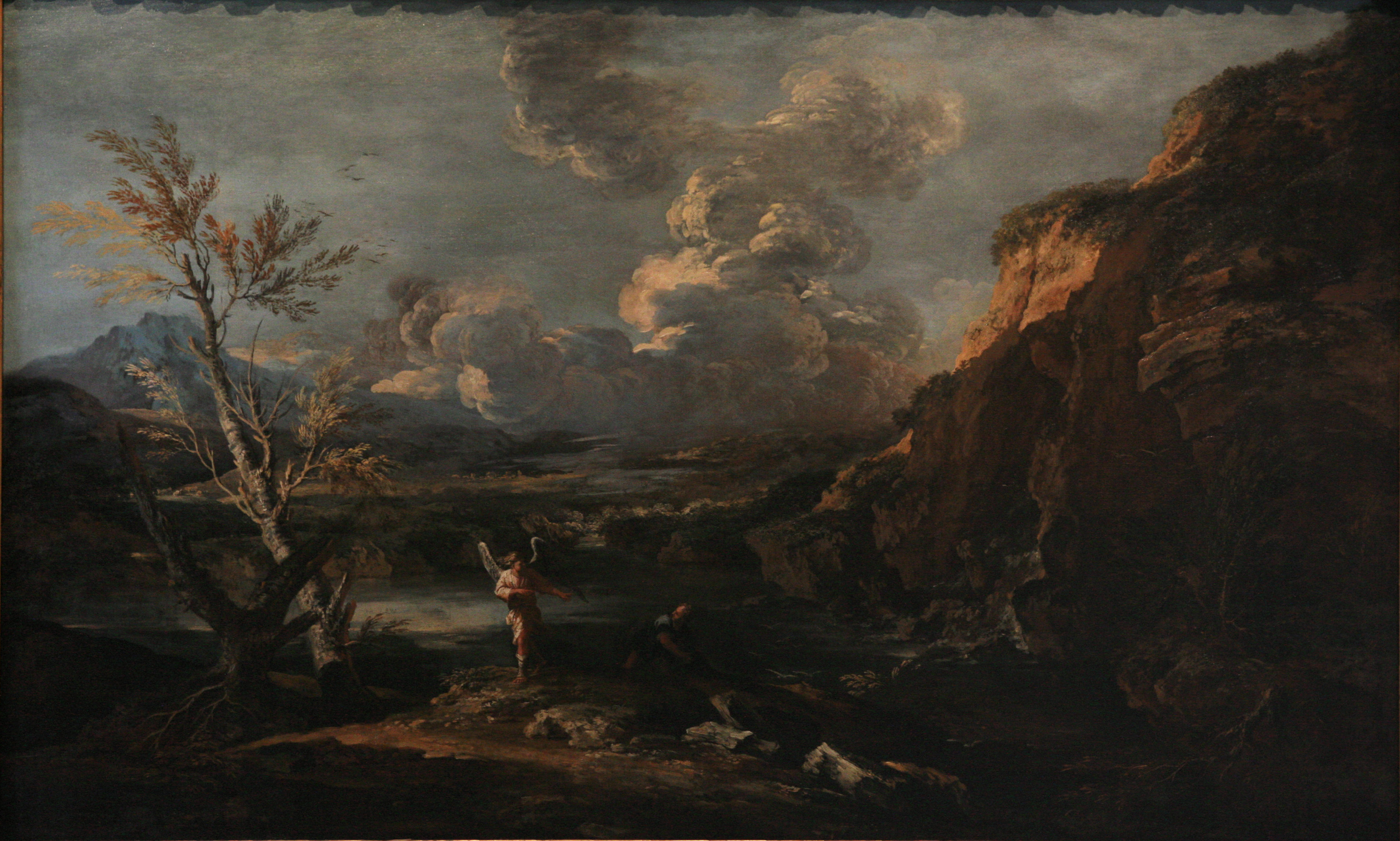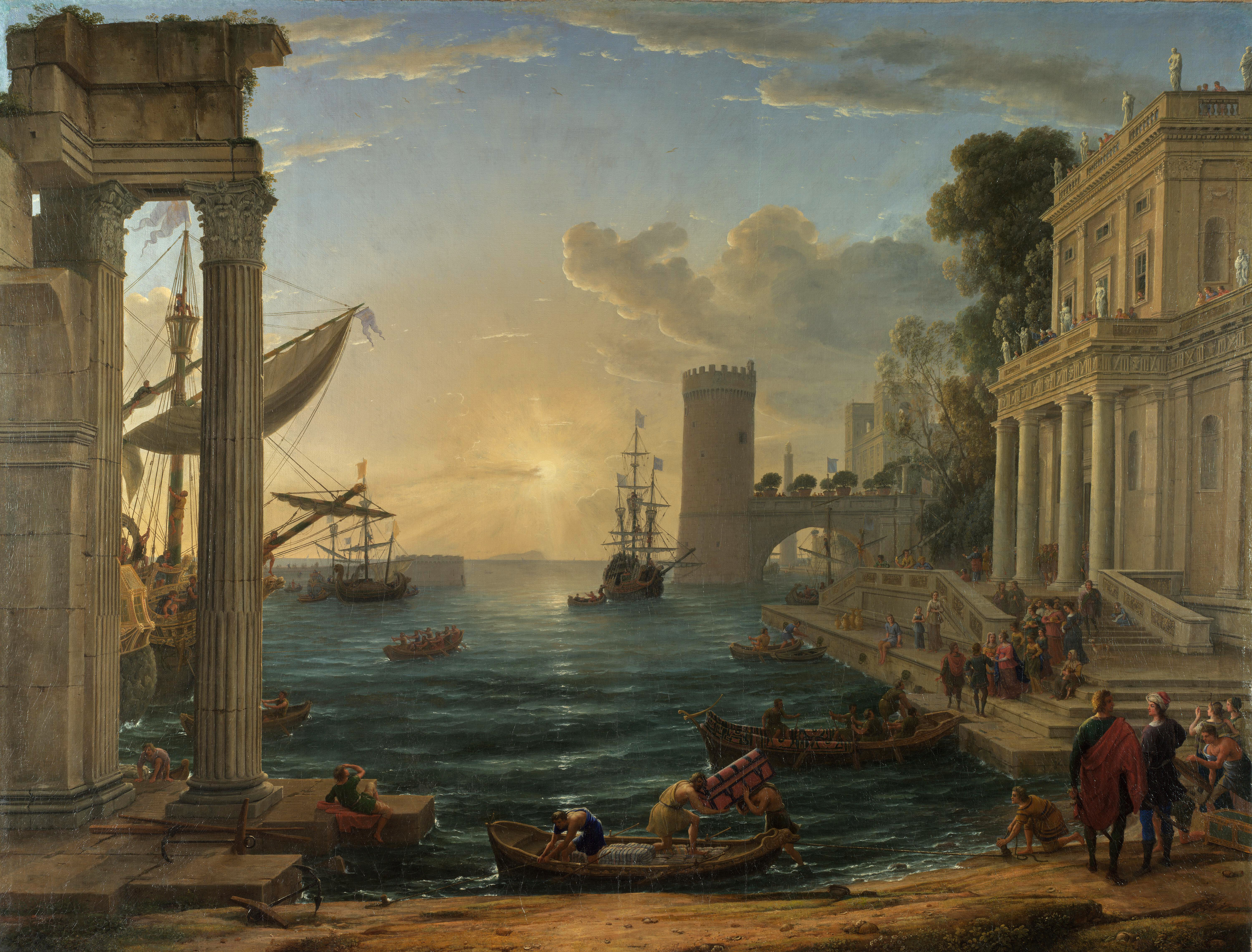Throughout my reading of Jon Krakauer's
Into the Wild, I became increasingly interested in the young man in the story, Chris McCandless. I would like to be able to say that when I look at him, I see myself. But I can't. Over the past few years, my mental toughness has skyrocketed, but if I were to put myself in a position similar to that of McCandless, I wouldn't last a week. Many people believe that he is just an arrogant, stupid, crazy boy, but I would disagree. The way I see it, his beliefs are very similar to those of many people throughout the world. He just wanted to live in a world where education, relationships, and money were irrelevant. At times, we all want this. Chris McCandless just happened to be one of the few people tough enough to attempt to achieve this. His experience is compelling to a reader like myself. Sooner than I can imagine, I will be going off to college, building new relationships, and having to make my own money. This terrifies me. With that being said, I don't see myself throwing that all away and attempting to live off the land anytime soon.
Not only was I interested in McCandless, but Krakauer as well. Why was he so interested in this particular death? In his story, he does give an account of one of his adventures and he relates his story to McCandless's, but there had to be something more to write an entire book about this young man who starved until death. Did the starvation cause his death? Nobody will ever know for sure, but we do know that he did starve until his death.
Twenty years later, Krakauer is still finding new information about this story. It's hard to know exactly why he was so interested in this story, but I feel that the more time that passes, the more invested Krakauer gets in the story. In his most recent article in the
New Yorker, Krakauer's opinion on the cause of death has changed. Originally, he believed that the true cause of the death was due to a mold that had been growing on the seeds. Now, after his continued search, he believes that the true culprit is ODAP. No matter the cause, Krakuer invested every bit of himself in the story. I do not believe he wrote the book, just to write something that people would read. Jon Krakauer cared. He wants to find a way to put this all to rest. He wants answers to questions where answers are unattainable.
Krakauer is among the group of people that still believes humans can take a step away from technology and live in a world focused more on the beauties of nature. What many people don't realize is that Chris's story matters. The story of his life proves that we are moving towards a time where we will be cut off from nature. The human "circle" will not interfere with the nature "circle." Fewer and fewer kids learn basic survival skills growing up and in a life threatening situation, the difference between life and death could simply be vegetables. While most kids may never be put in a life threatening situation in the middle of Alaska, this does not mean we have no need to understand the part of the world that has allowed us to live for thousands and thousands of years. Surprisingly, humans did not need cell phones, computers, and motor vehicles to survive. Humans did live off the land, but we can't anymore. Not because it isn't possible, but because the way we live and were raised doesn't allow it to be possible.

